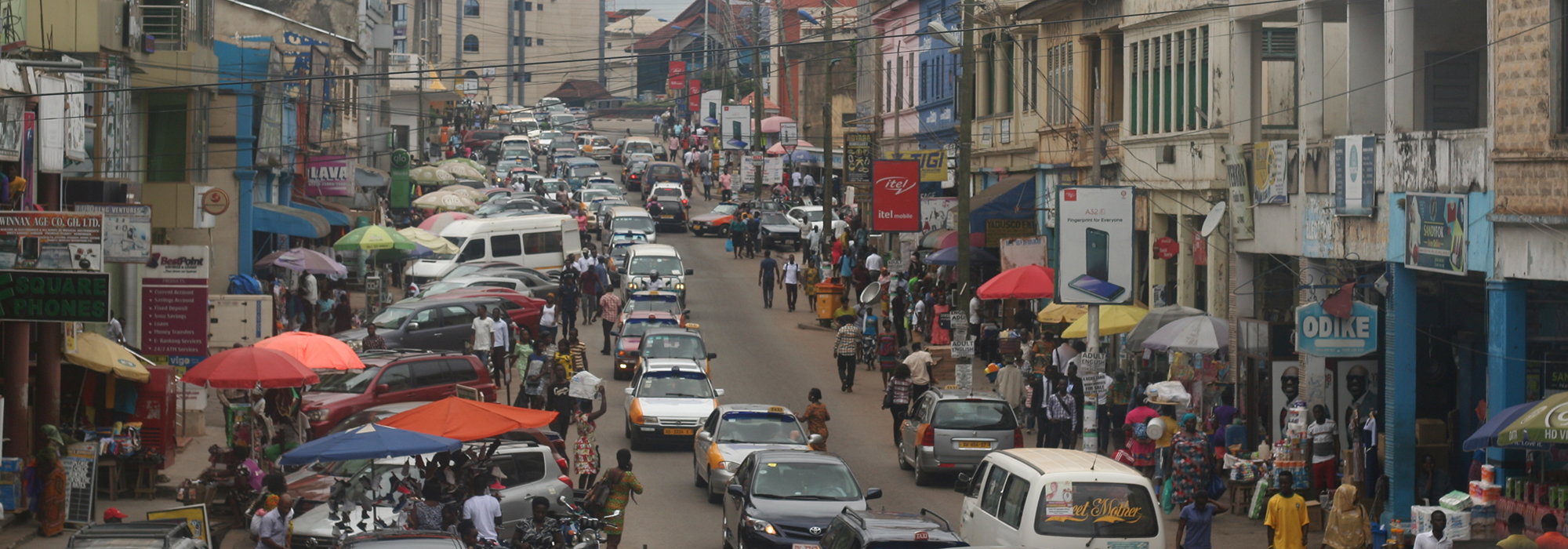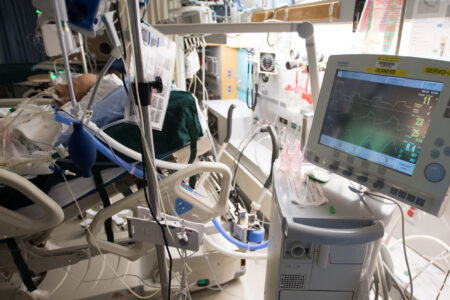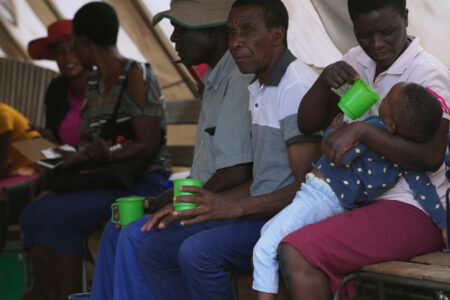
Around 670 million people still defecate outdoors because they do not have access to toilets or sanitation infrastructure. Imagine what they would think as they watched us panic-buying toilet paper, even as manufacturers of this nonessential product reassured Canadians that it won’t run out.
As we scramble to stock our cupboards for a few weeks of isolation at home, and as our governments fulfill their obligation to alleviate the worst effects of the COVID-19 pandemic in our developed and democratic country, we can’t forget the most vulnerable populations in the developing world. They will be worst hit in the coming third wave of this crisis.
It is understandable to feel overwhelmed and be preoccupied with the pandemic as it plays out close to home. It’s scary to hear about people in our own communities falling ill with COVID-19. And it’s horrifying to watch images of the Italian army transporting bodies to cremation sites because their morgues can’t cope with the numbers of dead.
But this crisis is about to present an even larger challenge in the developing world, in some of the world’s poorest countries. It will be especially acute in refugee camps and informal settlements, or neighbourhoods, in places like Syria, South Sudan and Bangladesh. They are overcrowded; have few health services and inadequate or no health surveillance; and have poor water quality, sanitation facilities and hygiene practices.
In other words, no toilet paper, no hand sanitizer, no social distancing and no disinfecting wipes.
The pandemic presents a herculean challenge for us in the humanitarian sector, even as we know we must play an integral role in overcoming it. Like so many other businesses and organizations, global humanitarian organizations are trying to maintain their operations in headquarter cities like Toronto, Madrid and Johannesburg, and keep their staff safe, healthy and isolated.
Humanitarian organizations now need to pivot to prevent the spread of COVID-19 in refugee camps and among the poorest groups. This includes ensuring these communities have protective gear and the ability to test for COVID-19, can manage cases of it, and triage in places where health systems are already maxed out. We will also need to counter misinformation and myths about the virus and provide food, cash and other supplies to the neediest. We also have to ensure that our other life-saving services don’t grind to a halt, such as running hospitals, providing life-saving treatment for children suffering from severe acute malnutrition, and transporting water in places where there is none – such as parts of Syria.
Humanitarian organizations now need to pivot to prevent the spread of COVID-19 in refugee camps and among the poorest groups.
In addition to the strain that this pandemic could put on health systems and facilities around the world, we need to think about its long-term impact on communities already living on the edge. When the global economy suffers, the effects on the world’s poorest populations are most devastating, driving people into hunger and poverty. As the virus continues to spread, it could impact food production and exacerbate food insecurity.
Preventing greater food insecurity will require a strong commitment from Western governments, including here in Canada, that international aid will continue to flow (and increase) despite the already immense needs on the home front. The recent news that Canada is committing new funds to the crisis is welcome in our sector. Thanks to dedicated international aid from Global Affairs Canada and other donors, we’ve made massive strides over the past years in lifting communities out of poverty. Indeed, we’ve halved the number of malnourished people around the world in less than 40 years. It would be a terrible shame to sacrifice these gains now.
This current COVID-19 challenge will also require a commitment to a greater sharing of risks; humanitarian organizations can’t shoulder them alone. To save lives and uphold the humanitarian principles of humanity, impartiality, independence and neutrality, we’ll need to intervene to halt the spread of COVID-19 in states and regions in turmoil, where terrorists and militants hold sway.
We need safe access to these unstable places – over the past year, several of our staff were killed in Nigeria and Ethiopia and one staff member remains kidnapped in Nigeria. We need more funding for security and insurance, and a commitment that donor governments have our backs as we provide life-saving support in these types of places. We won’t overcome this pandemic if we can’t go into them safely.
The good news is we’re prepared to do this and to move fast. Humanitarian agencies have years of experience in responding to multiple concurrent crises, and we learned many lessons from the 2014 Ebola outbreak in West Africa. Given our global reach, we’re also pros when it comes to working remotely and over many time zones.
As well, as global crises have become more protracted, over the past decade we have been localizing our efforts so we can be more efficient and share our knowledge and capacity with likeminded local organizations in the developing world. Most of our 8,000 team members at Action Against Hunger, the humanitarian organization I help lead, are nationals of the countries in which they work. Now is a perfect opportunity to leverage their expertise and our relationships with these partners, and to solidify a genuine power shift from international to local players.
Many of these aid efforts won’t be possible without the full support and solidarity of Canadians. If nothing else, COVID-19 has reminded us that we’re all in this together.
Right now, the community support and “caremongering” we’re celebrated for here in Canada – from sharing toilet paper to delivering groceries to those who need them – is crucially necessary for those beyond our borders.
Photo: Kumasi, Ghana on March 20, 2020. Shutterstock, by Daniel Mensah Boafo.
Do you have something to say about the article you just read? Be part of the Policy Options discussion, and send in your own submission. Here is a link on how to do it. | Souhaitez-vous réagir à cet article ? Joignez-vous aux débats d’Options politiques et soumettez-nous votre texte en suivant ces directives.









